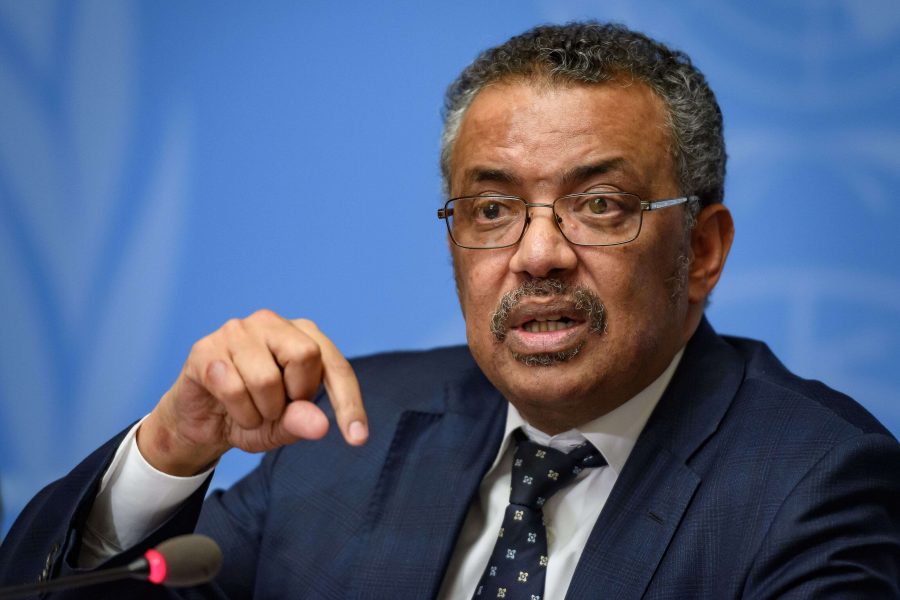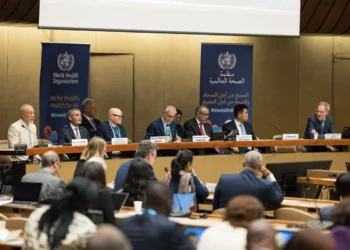The World Health Organization recently declared the growing Monkeypox outbreak, an international public health emergency following concerns that the virus now threatens global health.
To prevent the virus from spreading further and potentially escalating into a pandemic, WHO perceive that a coordinated international response is needed.
However, while the declaration does not impose requirements on national governments – as the health organization can only issue guidance and recommendations to its member states – it serves as an urgent call for action and member states are expected to report events that pose a threat to global health.
What they are saying
The head of the WHO, Dr Tedros Adhanom Ghebreyesus, pointed out that the outbreak represents a global health emergency.
“We have an outbreak that has spread around the world rapidly, through new modes of transmission, about which we understand too little. For all of these reasons, I have decided that the global monkeypox outbreak represents a public health emergency of international concern,” Ghebreyesus.
While the disease could be primarily spread through skin-to-skin contact during sex, the majority of transmission has occurred in the gay community, the WHO and CDC stressed that anyone can catch monkeypox regardless of sexual orientation.
In a media briefing, Tedros said, “Although I am declaring a public health emergency of international concern, for the moment this is an outbreak that is concentrated among men who have sex with men, especially those with multiple sexual partners.” Meanwhile, advising against discrimination, he said, “Stigma and discrimination can be as dangerous as any virus.”
While the transmission of monkeypox between people was relatively rare in the past as the virus jumped from animals to humans, today, it is now spreading more efficiently between people. The WHO however fault the international community for not investing enough resources in fighting monkeypox in Africa before the global outbreak.
Dr. Mike Ryan, head of the WHO’s health emergencies program said, “This transmission has been occurring in African countries in two particular zones over a large number of years, and we don’t fully understand what’s driving transmission in those countries. There’s a lot more investigation to do and a lot more investment to make in understanding that problem.”
What you should know
- Monkeypox was discovered in a child in the Democratic Republic of the Congo which was then called Zaire in 1970. Since then, outbreaks have generally been small and traceable to an individual who recently returned from a country in West and Central Africa where the virus is endemic.
- However, the current outbreak is unlike any previous one outside of Africa in the sense that there is sustained person-to-person transmission of the infection. In the recent outbreak, the virus has been spreading fast in men who have sex with men, outside Africa where it is endemic.
- According to WHO, there have been more than 16,000 cases of monkeypox in more than 70 countries, and five deaths in Africa so far this year.























